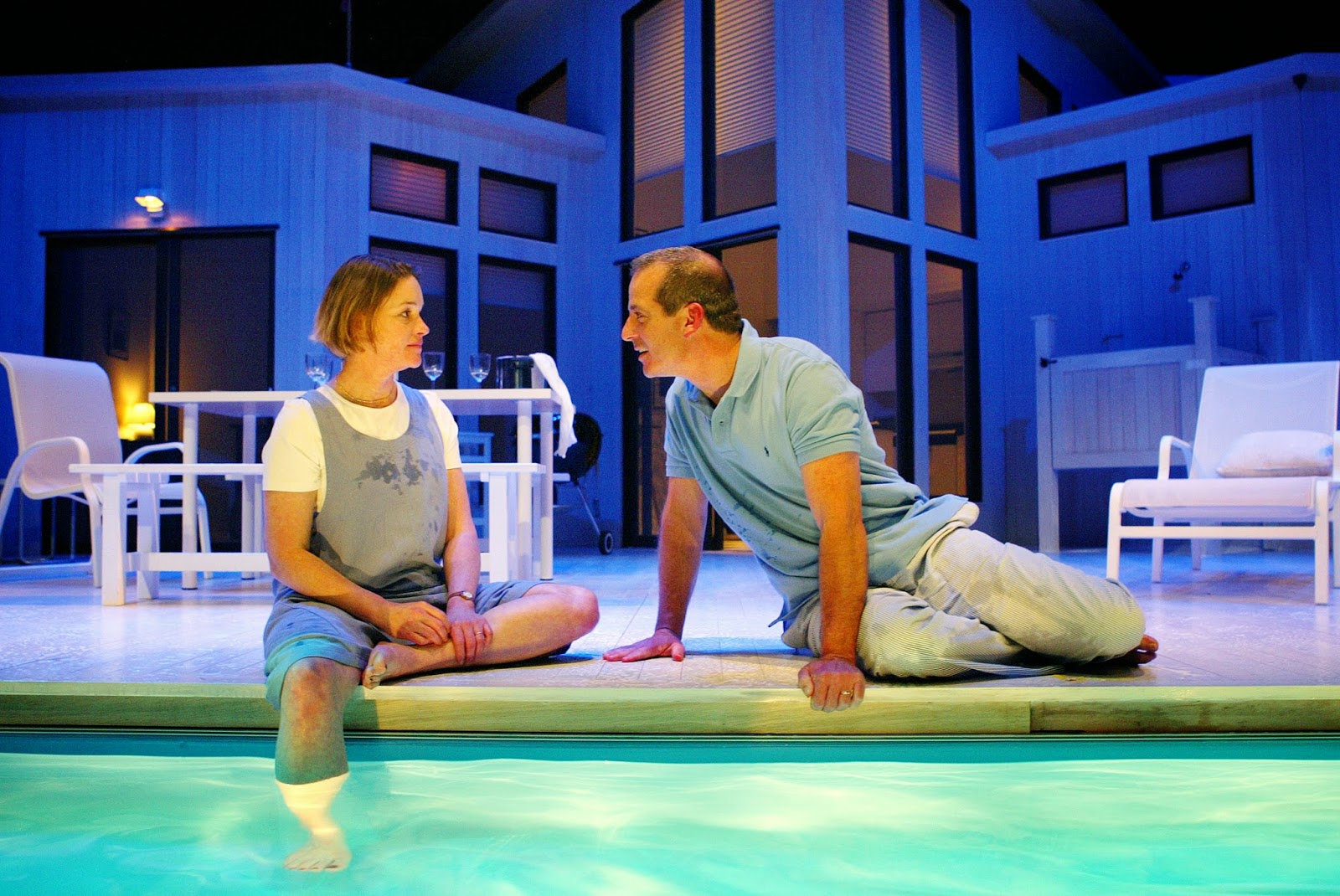In John Patrick Shanley’s Outside Mullingar, the
character of Anthony Reilly says, “There’s
the green fields, and the animals living off them. And over that there’s us, living off the
animals. And over that there’s that
which tends to us.” At George Street
Playhouse, that entity which watches over and guides us is our incredibly
dedicated and generous Board of Trustees.
Ms. Karmazin took a few moments to chat with GSP’s
Director of Marketing about her life as a Board member and Broadway producer –
as well as mother and grandmother.
Besides your
involvement with George Street, you are a notable Broadway producer as
well. What role has theatre played in
your life? Has it always been a part of
it? When were you first bit by the
theatre bug?
“I've been hooked on
theater since I saw the original King and I with Yul Bryner for my
seventh birthday. My parents were modest people but they loved going to
Broadway and often brought me. My dad loved music from shows so there were
always 78s and later LPs of shows like South
Pacific and Brigadoon playing in
my childhood home. Seeing shows like The Diary of Anne Frank, The
Music Man, Damn Yankees, Kismet, My Fair Lady and others was part of my
growing up years. Looking back at my high school yearbook, my two aspirations
were to be a U.S. senator or a theater critic. To this day, I always find some
aspect to appreciate in a show, even if on the whole, the show isn't very good.”
How did you first become involved with George
Street Playhouse?
“Adelaide Zagoren (a longtime friend of the Playhouse and Board member) was
a friend, a role model and a mentor. She was the person who recruited me to the
Board over 20 years ago.”
You have so many facets – you were a
respected librarian in East Brunswick, an innovative philanthropist, member of
a number of boards, including the Rutgers Board of Overseers, and
most recently, The Actor's Fund as well as award-winning Broadway
producer. Is there one aspect that takes precedence over the
others?
“What is so wonderful about my life day to day has been the opportunity
to participate in all of these activities and more. It keeps me very busy with
a group of diverse, yet overlapping interests. My most favorite time is the
time I spend with my children, Dina and Craig, and my grandchildren, Hunter and
Harper, and the time I spend with my partner Dave. We travel a lot and theater
and art are often a part of what we do, both home and away. Then through my
connections with theater, collecting studio glass, producing in New York and my
volunteer and board activities, I have met wonderful like-minded people,
learned so much and made many new friends.”







